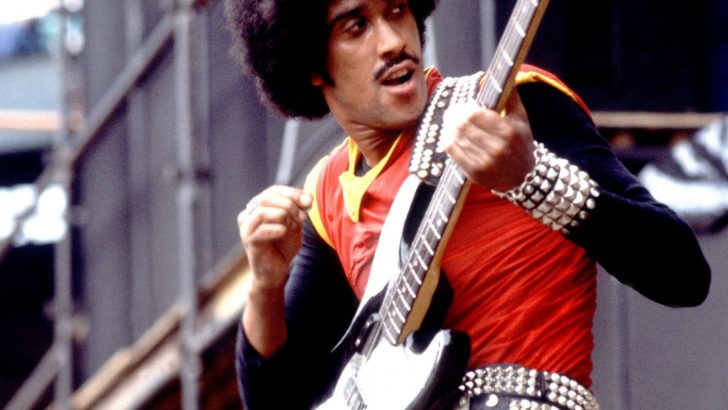Fatima was originally scheduled for last August. Its release was delayed for almost a year because of Covid. The virus gives it a strangely appropriate backdrop. It’s like a metaphor for the horrors of World War I. The war underpins Marco Pontecorvo’s uplifting evocation of the beatific visions of three Portuguese children in 1917.
Both the secular and religious factions of their village are sceptical at first. So are their parents. Pontecorvo handles the children’s determination to convince the masses of the validity of their claims with quiet authority.
As Lucia, Stephanie Gil betrays a maturity well beyond her years. Pontecorvo uses the expressiveness of her features to great effect. We never catch her acting.
The apparitions of Our Lady are also subdued. There are no bombastic Cecil B. DeMille special effects here. ‘The lady of the rosary’ (Joana Ribeiro) is presented naturalistically rather than as a vision from the clouds. Such naturalism doesn’t compromise her divinity. It jibes well with the gritty realism of the piece as a whole.
Fatima is an audio-visual delight laden with nuanced touches, its authenticity copperfastened by the Portuguese location and the sense that most of the performers seem to be actual people rather than film stars.
In The Father, Oscar-winning Anthony Hopkins plays a stubborn octogenarian on the verge of dementia. He’s traumatised by the news that his daughter (Olivia Colman) is moving to Paris. The relationship between reality and his confused inner world become increasingly tenuous as he struggles to come to grips with his condition. The film is like a corollary to Still Alice, which also won an Oscar for its main star (Julianne Moore).
Thin Lizzy was playing pool in a bar in Howth one night in the 1980s when I ran out of coins for the table. When I went up to the counter to ask for some, who was sitting there but Phil Lynott. He was on his own and looking the worse for wear. I asked him if he could oblige me with some change.
‘There you go, sunshine,’ he said as he gave me the coins. He refused my own money. Then he said, ‘Would you like a pint?’ I said no. I was too immersed in my game.
It seemed no time at all after this that I heard of his death. I couldn’t believe I’d turned down a pint with a rock legend for a stupid game of pool. The things we do on the spur of the moment. I sometimes wonder what he was ‘on’ that night.
Phil Lynott: Songs for While I’m Away is a documentary about the Thin Lizzy frontman who went from being a poor black boy in Crumlin to the dizzy heights of fame before checking out from drug addiction at 36. The official cause of death was given as pneumonia but it was really drug and alcohol abuse that did him in. What a tragedy for someone blessed with such an electrifying talent.


 Aubrey Malone
Aubrey Malone Thin Lizzy’s Phil Lynott
Thin Lizzy’s Phil Lynott 